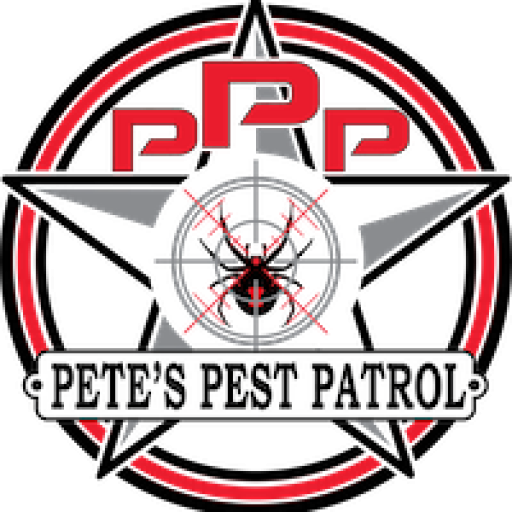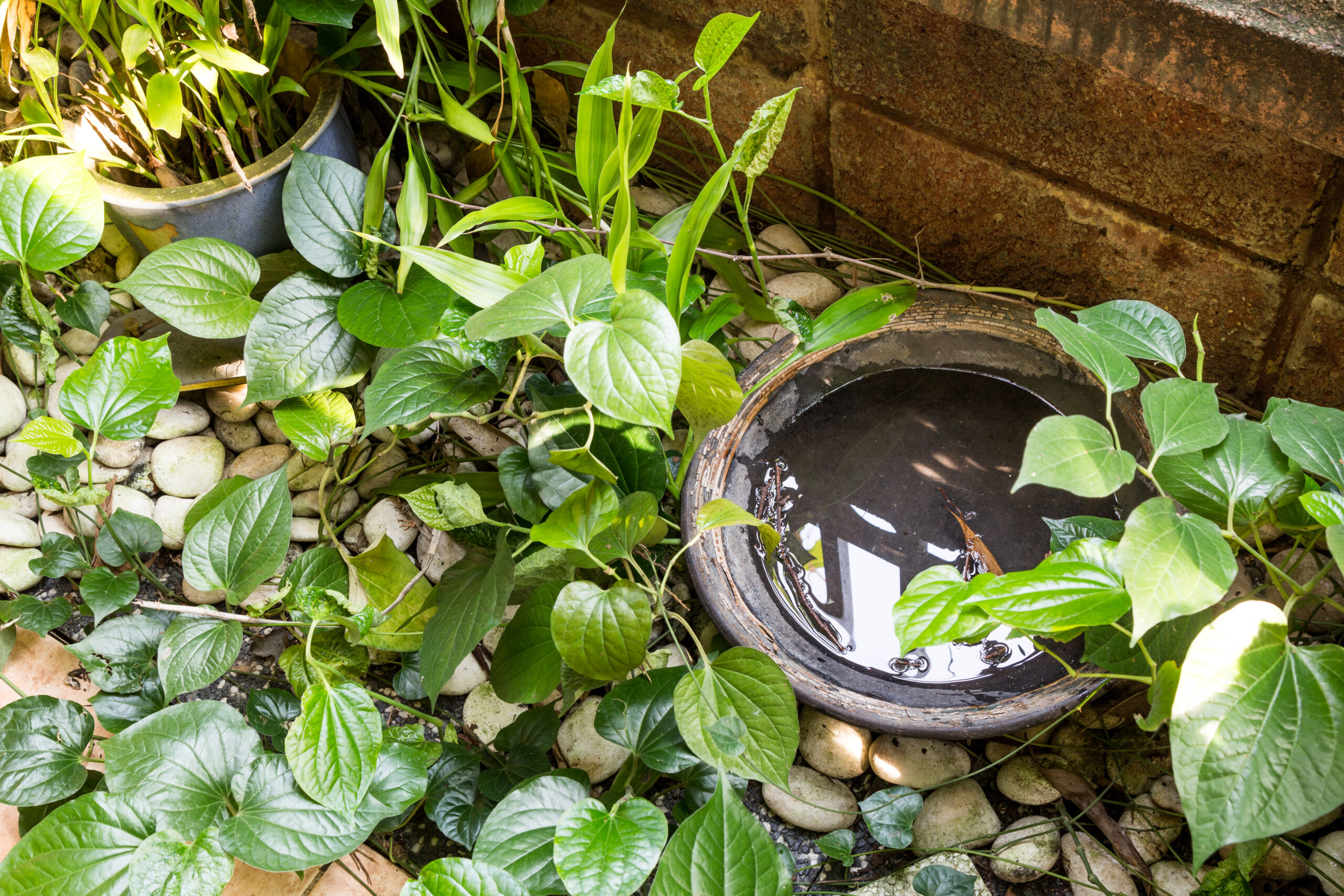Are you tired of battling mosquitoes in your urban environment? Managing mosquito populations in cities is crucial not only for comfort but also for health reasons, as these pests are known carriers of diseases.
Whether you have a small backyard or manage a large public space, learn how you can reclaim these areas from unwanted mosquitoes. Let’s make your city a better place to live, work, and play, mosquito-free!
What are the top considerations for selecting a professional mosquito removal service in urban areas?
When selecting a professional mosquito removal service in urban areas, several key considerations should be taken into account:
- Expertise and Experience: Choose a mosquito removal service with a proven track record of success in urban environments. Look for companies with extensive experience managing mosquito populations in densely populated areas and a thorough understanding of the unique challenges and regulations associated with urban mosquito control.
- Integrated Pest Management (IPM) Approach: Opt for a mosquito removal service that employs integrated pest management (IPM) principles. IPM emphasizes a holistic approach to pest control, combining multiple strategies, such as habitat modification, larvicide applications, and targeted adulticide treatments, to reduce mosquito populations while effectively minimizing environmental impact.
- Eco-Friendly Practices: Consider mosquito removal services that prioritize eco-friendly practices and use environmentally friendly products whenever possible. Look for companies that offer organic or botanical insecticides, microbial larvicides, and natural repellents to minimize harm to beneficial insects, wildlife, and water sources in urban areas.
- Customized Treatment Plans: Select a mosquito removal service that offers customized treatment plans tailored to your urban environment’s specific needs and challenges. Look for companies conducting thorough property assessments, identifying mosquito breeding sites, and developing targeted strategies to address mosquito populations effectively.
- Reputation and Reviews: Research the reputation and reviews of mosquito removal services in your area to ensure you select a reputable and reliable company. Look for testimonials from satisfied customers and check online reviews and ratings to gauge the company’s service quality.
You can effectively manage mosquito populations and protect your urban environment from mosquito-borne diseases by considering these top considerations and selecting a professional mosquito removal service with expertise, eco-friendly practices, customized treatment plans, and a solid reputation.
How do mosquito removal services adapt their strategies to suit the specific needs of different urban environments?
Mosquito removal services adapt their strategies to suit the specific needs of different urban environments by employing several tailored approaches:
- Property Assessment: Mosquito removal professionals thoroughly assess each urban property to identify potential breeding sites and environmental conditions that may contribute to mosquito activity. To develop customized treatment plans, they consider standing water sources, vegetation density, and human activity patterns.
- Targeted Treatments: Based on the property assessment findings, mosquito removal services employ targeted treatments to address specific mosquito breeding sites and populations. These may include larvicide applications in standing water sources, adulticide treatments in high-risk areas, and barrier treatments around properties to create a protective zone against mosquito intrusion.
- Community Engagement: Mosquito removal services engage with local communities to raise awareness about mosquito prevention measures and coordinate efforts to eliminate breeding sites on a broader scale. They may collaborate with neighborhood associations, local government agencies, and community groups to implement mosquito control strategies and foster a collaborative approach to mosquito management in urban areas.
- Integrated Pest Management (IPM): Mosquito removal services utilize integrated pest management (IPM) principles to develop comprehensive strategies for managing mosquito populations in urban environments. This may include combining multiple control methods such as habitat modification, biological controls, and targeted pesticide applications to reduce mosquito populations while minimizing environmental impact.
- Ongoing Monitoring and Adaptation: Mosquito removal services regularly monitor mosquito populations and adjust their strategies based on changing environmental conditions and mosquito activity levels. They remain flexible and adaptive, continuously evaluating the effectiveness of their treatments and making adjustments to ensure optimal results in different urban environments.
By employing these tailored approaches and adapting their strategies to suit the specific needs of different urban environments, mosquito removal services can effectively manage mosquito populations and mitigate the risk of mosquito-borne diseases in urban areas.
Are there specialized techniques or technologies that distinguish professional mosquito removal services in urban settings?
Professional mosquito removal services in urban settings often utilize specialized techniques and technologies to manage mosquito populations effectively. Some of these include:
- Surveillance Systems: Mosquito removal services may employ surveillance systems to monitor mosquito populations in urban areas. These systems can include traps, surveillance cameras, and other monitoring devices to track mosquito activity and identify hotspots for targeted treatment.
- Geographic Information Systems (GIS): Geographic Information Systems (GIS) technology allows mosquito removal services to map and analyze mosquito populations and breeding sites in urban environments. This data helps them identify high-risk areas and prioritize treatment efforts for maximum effectiveness.
- Larval Source Management: Professional mosquito removal services may implement larval source management techniques to target mosquito breeding sites in urban areas. This can involve habitat modification, such as draining or treating standing water sources, to eliminate mosquito larvae before they emerge as adults.
- Ultra-Low Volume (ULV) Sprayers: Ultra-low volume (ULV) sprayers are used by mosquito removal services to apply insecticides in urban settings. These sprayers produce fine droplets of insecticide that penetrate dense vegetation and reach mosquitoes hiding in urban environments, effectively reducing mosquito populations.
- Biological Control Agents: Some mosquito removal services use predatory fish or microorganisms to provide biological control to target mosquito larvae in urban breeding sites. These agents provide an environmentally friendly alternative to chemical pesticides and can help reduce mosquito populations without harming beneficial insects or wildlife.
- Public Education and Outreach: Professional mosquito removal services in urban areas often conduct public education and outreach campaigns to raise awareness about mosquito prevention measures and encourage community involvement in mosquito control efforts. This can include distributing educational materials, hosting community events, and providing resources for residents to eliminate breeding sites on their properties.
By utilizing these specialized techniques and technologies, professional mosquito removal services in urban settings can effectively regulate mosquito populations and minimize mosquito-borne infections, creating safer and more enjoyable environments for urban residents.
How do urban mosquito removal services assess and address potential health risks associated with mosquito populations?
Urban mosquito removal services assess and address potential health risks associated with mosquito populations through several key steps:
- Risk Assessment: Urban mosquito removal services examine health hazards from mosquito populations. This includes identifying mosquito species that transmit West Nile, Zika, and dengue fever and assessing mosquito abundance, dispersion, and closeness to humans.
- Disease Surveillance: Mosquito removal services may participate in disease surveillance programs to monitor mosquito-borne diseases in urban areas. These programs involve collecting and testing mosquito samples for germs and tracking disease transmission patterns to identify areas at higher risk for outbreaks.
- Targeted Treatments: Mosquito eradication services target mosquito populations and prevent disease transmission based on risk assessments and disease surveillance. Larvicide in breeding sites, adulticide in high-risk areas, and mosquito barrier treatments may be used.
- Public Health Education: Mosquito removal services educate the public about mosquito-borne diseases and advocate prevention. This includes teaching residents about mosquito breeding sites, promoting insect repellents and protective apparel, and explaining mosquito control methods.
- Collaboration with Public Health Agencies: Mosquito eradication services work with local public health authorities and other stakeholders to reduce mosquito-related health hazards. Sharing data, coordinating mosquito control, and conducting public health actions to limit disease spread may be needed.
Urban mosquito removal services can assess and mitigate mosquito-related health risks to urban residents by conducting risk assessments, disease surveillance, targeted treatments, public health education, and collaboration with public health agencies.
Protect Your Space with Our Mosquito-Free Solutions Today!
Protect your city from mosquito-borne diseases with Pete’s Pest Patrol! Our expert team specializes in urban mosquito removal, offering tailored solutions to manage mosquito populations and keep your community safe. We create a mosquito-free environment for residents and businesses with advanced techniques and eco-friendly products.
Don’t let mosquitoes threaten the health and well-being of your city—trust Pete’s Pest Patrol to provide effective and long-lasting solutions. Contact us today to schedule your mosquito removal service and take the first step toward a safer and healthier urban environment!

